12 Reasons Why You Should Consider Getting A Second Car & 12 Why You Definitely Shouldn’t
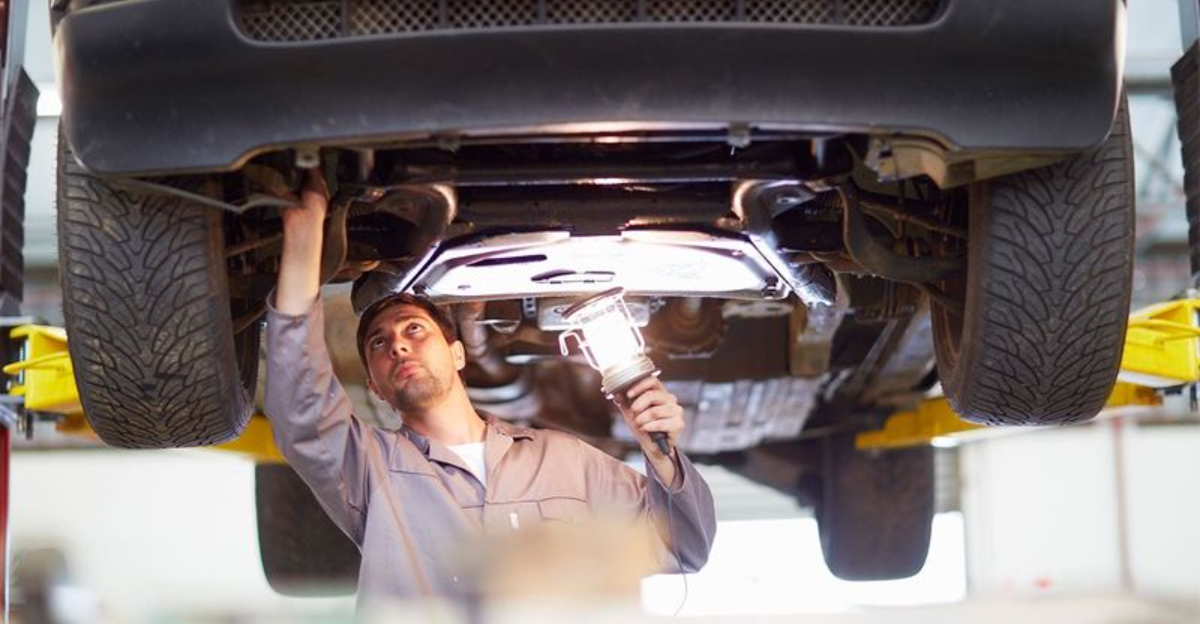
A buddy of mine once swore he’d never need a second car. Then his daily driver broke down on a Monday morning, leaving him scrambling for a rental and swearing even louder.
On the flip side, another friend picked up a second car “just in case” and now spends more time fixing it than driving.
Owning two cars can be a lifesaver or a headache, depending on your lifestyle, budget, and luck.
There are plenty of reasons to consider doubling up, but just as many that might make you think twice.
1. Different vehicles for different purposes

I’ve always found that having different vehicles for different purposes adds a layer of convenience to my life. My SUV is perfect for family trips, while my compact car is ideal for city commutes.
Having options means I can choose the best fit for each situation. Did you know that families with multiple vehicles often report higher satisfaction with their transportation options?
Sometimes, it feels like having the right tool for every job can make all the difference.
2. Backup transportation when one car needs service
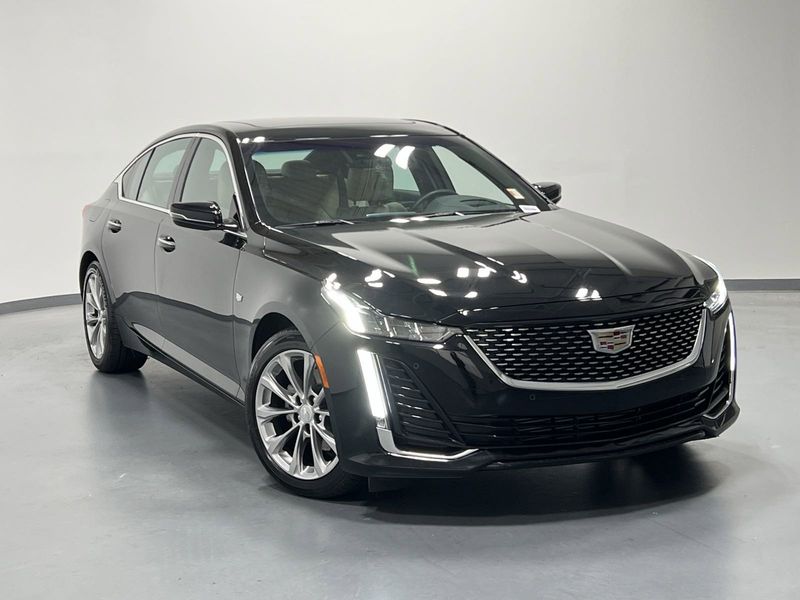
When one car is at the repair shop, having a backup vehicle ensures that life doesn’t come to a standstill. Consider the trusty sedan, reliable and ever-ready, a true workhorse of the modern family.
Its features, such as a spacious interior and good fuel efficiency, make it a great choice for daily errands.
Imagine it as the unsung hero, always there when needed most. With the backup, appointments and commitments remain uninterrupted, allowing peace of mind.
3. More flexibility for family schedules

Growing up, our family car wasn’t just a vehicle; it was a part of our legacy. It carried us to soccer games, music lessons, and family vacations.
Having a second car means we don’t have to juggle schedules or miss important events. Instead, everyone can have the freedom to come and go as they please.
Isn’t it amazing how one simple addition can create such a sense of independence and freedom for the whole family?
4. Lower mileage on each vehicle
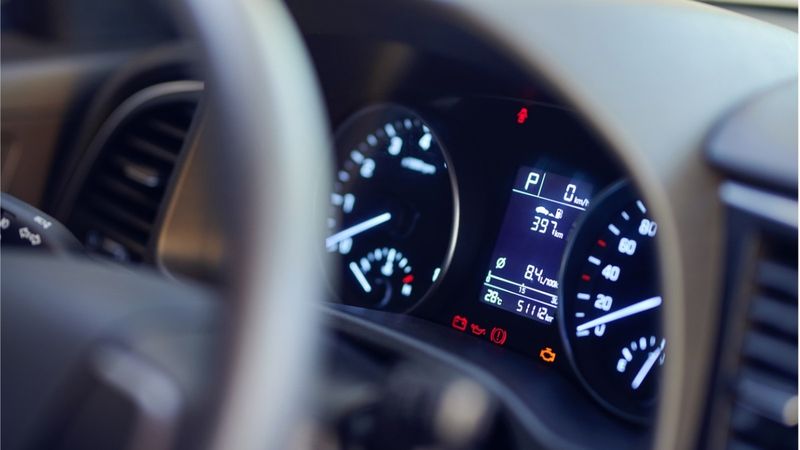
Lower mileage means longer life for each vehicle. The first car, a hybrid, already boasts impressive efficiency, while the second, a similar model, maintains its youthful vigor.
This combination reduces wear and tear, preserving each car’s longevity. By spreading the usage, owners can enjoy the benefits of both cars without prematurely aging them.
This strategy not only saves money in the long run but also contributes to a more sustainable way of living.
5. One car can be more fuel-efficient for daily use
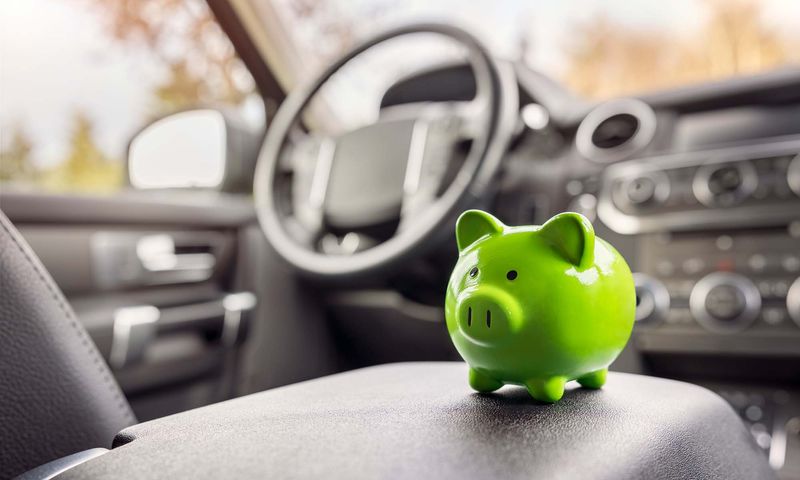
My daily commute became far more economical when I switched to using a fuel-efficient car. I remember the day I calculated my savings, and it was a pleasant surprise!
Fun fact: hybrid vehicles can save a significant amount on fuel costs over a year.
With the second car, I can keep my fuel-efficient vehicle for daily errands, while the larger one is reserved for family outings. It’s a practical solution that keeps expenses in check.
6. Specialized vehicle for hobbies or hauling

A specialized vehicle can make a world of difference. The rugged pickup truck, designed for hauling and outdoor adventures, offers features like a robust engine and spacious cargo area.
It’s like having a dedicated assistant for hobbies and weekend getaways. Whether it’s loading up for a camping trip or transporting sports equipment, this vehicle stands ready to handle it all.
It transforms leisure activities into seamless experiences, adding to life’s enjoyment.
7. Freedom for teenagers or other drivers at home

I remember the excitement of passing my driving test and the thrill of my first solo drive. Having a second car offers this freedom to teenagers and other drivers at home.
They can take control of their own schedules without relying on others. This legacy of independence is something every young driver cherishes.
Besides, doesn’t it give parents peace of mind knowing their kids have their own transportation? It’s a milestone worth celebrating.
8. Increased resale value by preserving your primary car

Preserving the primary car can indeed boost its resale value. The first vehicle, an electric model, sets the benchmark for efficiency, while the second car ensures that the primary remains in top shape.
By alternating usage, both vehicles stay in excellent condition. This approach not only maximizes their resale potential but also extends their lifespan.
It’s a savvy strategy for those looking to make the most of their investment without overburdening a single car.
9. Emergency use availability
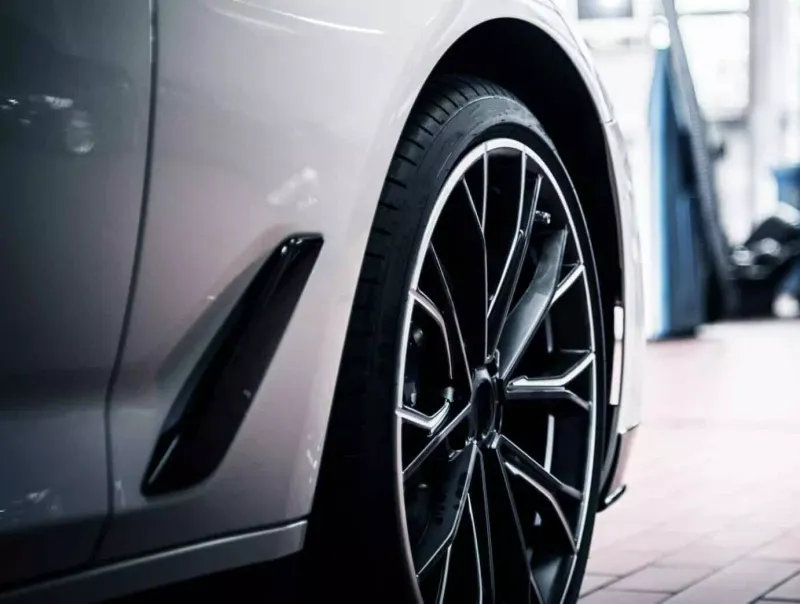
Having a second car ensured that during emergencies, we were never stranded. I recall a stormy night when our primary car wouldn’t start.
Luckily, the backup was ready, equipped with a first aid kit and essentials. It’s interesting how prepared households often face fewer disruptions.
This readiness not only offers peace of mind but also keeps the family safe. A second car truly becomes a lifeline when unexpected situations arise.
10. Potential tax write-off if used for business

Using a car for business purposes can provide significant tax benefits. Consider the versatile van, with its ample storage and comfortable seating, a perfect fit for small businesses.
Its features, such as a GPS and Bluetooth connectivity, enhance productivity. It’s akin to having a mobile office, streamlining tasks and operations.
The potential tax write-off is an added advantage, making it a wise choice for entrepreneurs looking to maximize their resources.
11. Easier commute for households with multiple workers

Balancing work schedules can be a challenge, but having a second car simplifies things. Our family has always valued the flexibility it brings.
With multiple workers under one roof, no one is left waiting or rushing. Isn’t it fascinating how one extra vehicle can make such a difference in daily life?
It’s more than just convenience; it’s about enhancing the quality of living and ensuring everyone gets where they need to be on time.
12. More comfort and convenience overall

More comfort means happier journeys, and two cars offer just that. The first, a luxury sedan, boasts plush interiors and advanced tech, while the second, a compact car, ensures quick city commuting.
Together, they meet all family needs. This dual setup reduces hassle, allowing for tailored experiences.
Whether it’s a long drive or a quick errand, the family enjoys an elevated driving experience. This arrangement fosters a sense of satisfaction and ease among all.
13. Extra insurance costs
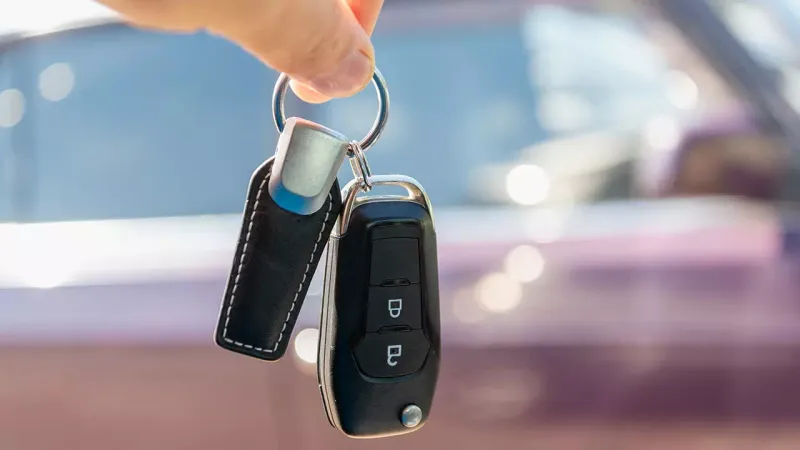
Adding a second car to the family meant revisiting our insurance policy. I recall the discussion with our insurance agent, learning that more doesn’t always mean double the cost.
Did you know that bundling multiple vehicles can sometimes offer discounts? Despite the extra expenses, the convenience often outweighs the cost.
Insurance for a second vehicle becomes a manageable aspect of life, provided it’s planned and budgeted wisely. It’s always insightful to explore options.
14. Double the maintenance expenses

Owning a second car means doubling the maintenance responsibilities. Think of a station wagon, known for its family-friendly features, now requiring twice the attention.
Regular oil changes, tire rotations, and inspections become more frequent. It’s like caring for two pets, each with its own needs.
The costs can add up, demanding diligent planning and budgeting. This aspect of vehicle ownership requires commitment and readiness but also promises a well-maintained fleet.
15. Higher registration and inspection fees
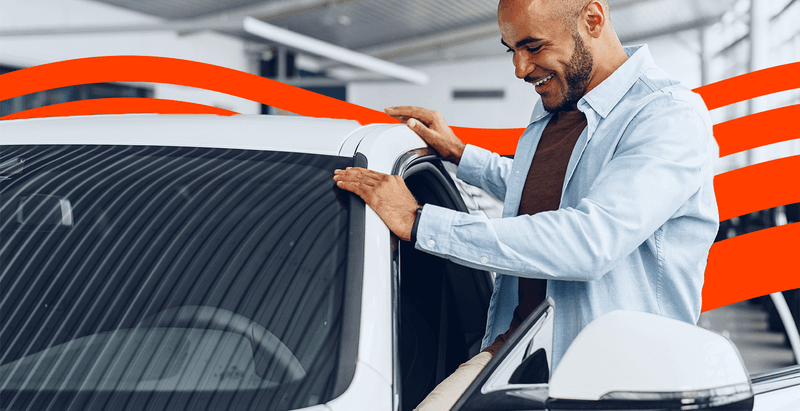
When considering a second car, one must weigh the legacy of increased fees. Registration and inspections are part and parcel of vehicle ownership.
Families must evaluate if the added expense aligns with their budget. Isn’t it curious how a simple decision can lead to multiple layers of financial considerations?
While the benefits of a second car might be alluring, understanding these commitments is essential for making an informed choice.
16. Limited parking space

Parking space can become an issue with multiple vehicles. The compact car, designed for city life, finds its match in the limited urban spaces, while the larger SUV struggles to fit.
This contrast highlights the challenges of additional vehicles. Urban dwellers often face constraints, turning parking into an everyday puzzle.
The situation requires creative solutions and sometimes compromises. It’s a common aspect of city life that demands flexibility and adaptability.
17. Environmental impact of owning more vehicles
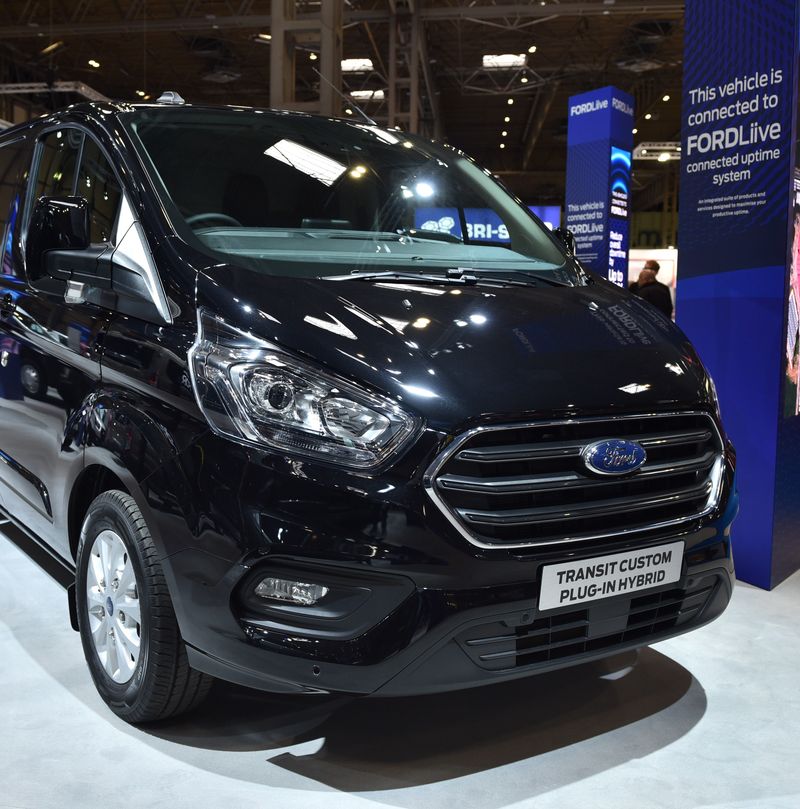
As someone passionate about the environment, adding a second car to our household raised questions.
I remember researching alternative fuel options, discovering that more vehicles mean a larger carbon footprint.
Did you know that transportation is one of the leading contributors to greenhouse gas emissions? Balancing convenience with responsibility becomes crucial.
While the second car offers freedom, it’s important to consider its impact on the planet and seek greener solutions.
18. One car may already cover all needs
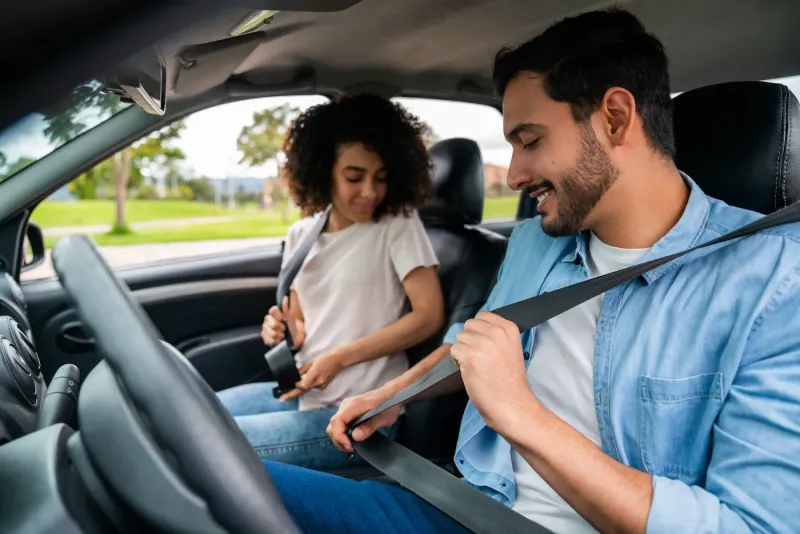
One versatile vehicle often suffices for many families. The robust SUV, with its spacious interior and off-road capabilities, meets various needs.
It’s like having a Swiss Army knife on wheels, adaptable and ready for diverse situations. For those with limited demands, a single vehicle ensures simplicity and cost-effectiveness.
This approach minimizes complexities, focusing on maximizing utility. Choosing one car might often be enough to meet all transportation needs without excess.
19. Added stress of scheduling upkeep
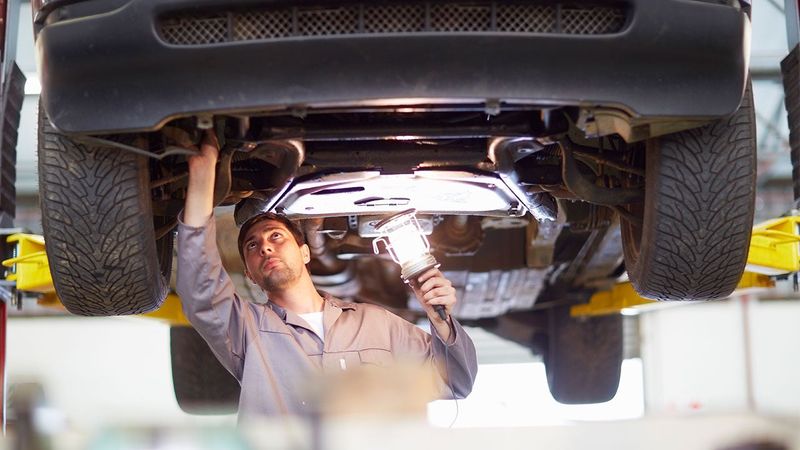
Owning a second car inevitably adds stress to upkeep schedules. Our trusty sedan has always required regular care, and adding another vehicle means juggling appointments.
How does one balance time and resources for both? It’s a question that demands careful planning.
While a second car offers benefits, it also introduces the challenge of maintaining harmony in scheduling. It’s about finding a rhythm that ensures both vehicles receive the attention they need.
20. Higher chance of neglecting one vehicle
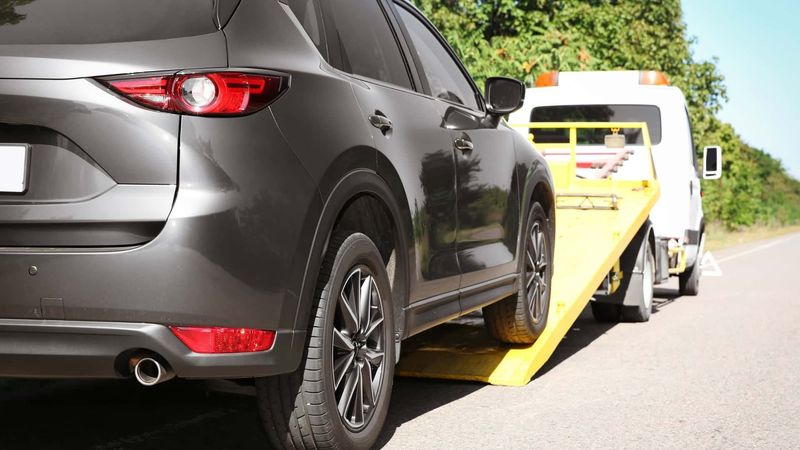
Neglect often befalls one of the vehicles in dual-car households. The first car, a sleek convertible, receives the spotlight, while the second, similar in build, gathers dust.
This imbalance leads to depreciation and lower resale value. Families must consciously rotate usage, maintaining both in good condition.
By doing so, they preserve value and ensure neither becomes an afterthought. It’s a delicate balance, requiring attention and effort to maintain both vehicles equally.
21. Increased risk of depreciation loss

When I purchased our second car, I hadn’t realized the potential depreciation loss. The realization hit when I checked the odometer readings.
Did you know that vehicles lose value rapidly in the first few years? Owning more vehicles often accelerates this process, leading to possible financial loss.
It’s crucial to consider this aspect before committing to a second car. Understanding depreciation helps in making informed decisions and preserving investment value.
22. Financing or loan complications
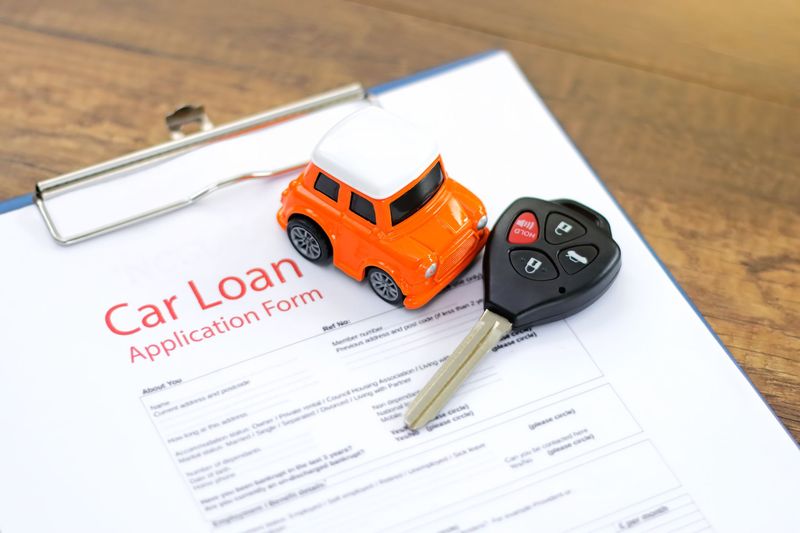
Financing a second car introduces complexities. Consider the dependable family sedan, with its straightforward payment plan, now joined by another vehicle.
This addition disrupts the financial equilibrium, akin to balancing an intricate equation. It’s essential to assess credit scores, understand interest rates, and evaluate financial commitments.
Proper planning mitigates risks, making it a feasible venture. Those considering this step must navigate these waters carefully to avoid unnecessary complications.
23. May reduce funds for other priorities

Adding a second car to our family meant reevaluating our priorities. Suddenly, vacations and other activities seemed less attainable. It’s interesting how one decision can shift the entire budget dynamic.
Isn’t it worth considering how funds could be better allocated? While a second car offers convenience, it also demands sacrifices in other areas.
Balancing wants and needs becomes vital in maintaining financial health and ensuring that nothing essential is overlooked.
24. You might not actually use it enough
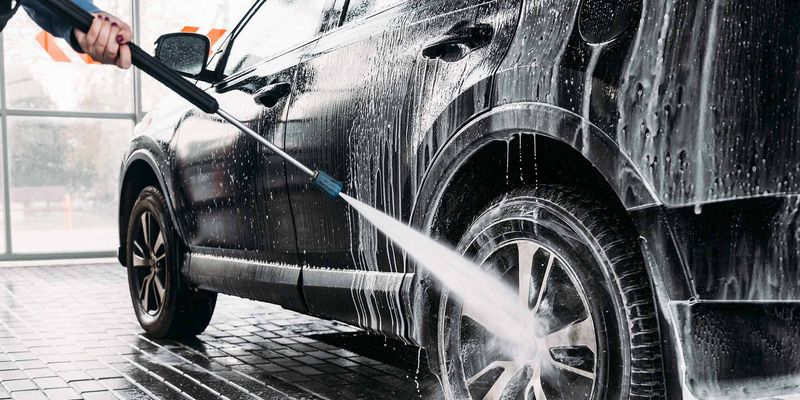
Some families find that the second car isn’t utilized as expected. The compact car, designed for city adventures, often remains idle when compared to its more versatile counterpart.
This underuse leads to questioning the necessity of its presence. It’s a common scenario where initial enthusiasm gives way to practicality.
Evaluating true needs and usage patterns helps families make informed decisions. Sometimes, a single well-chosen vehicle suffices, eliminating redundancy and unnecessary expense.
